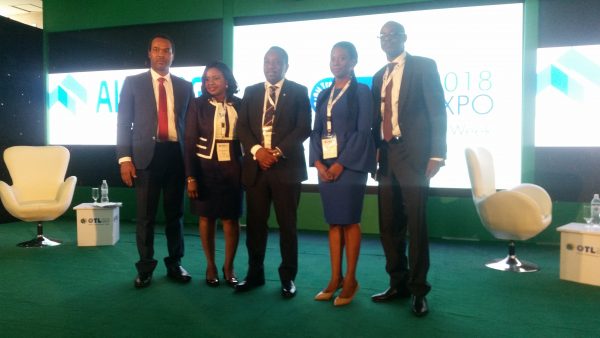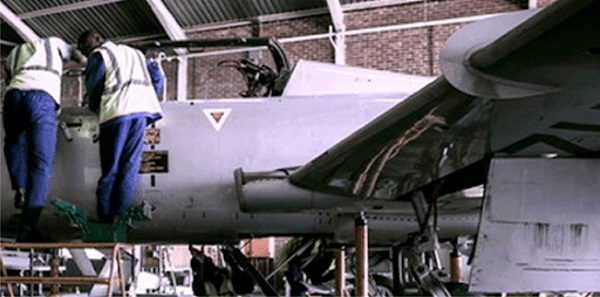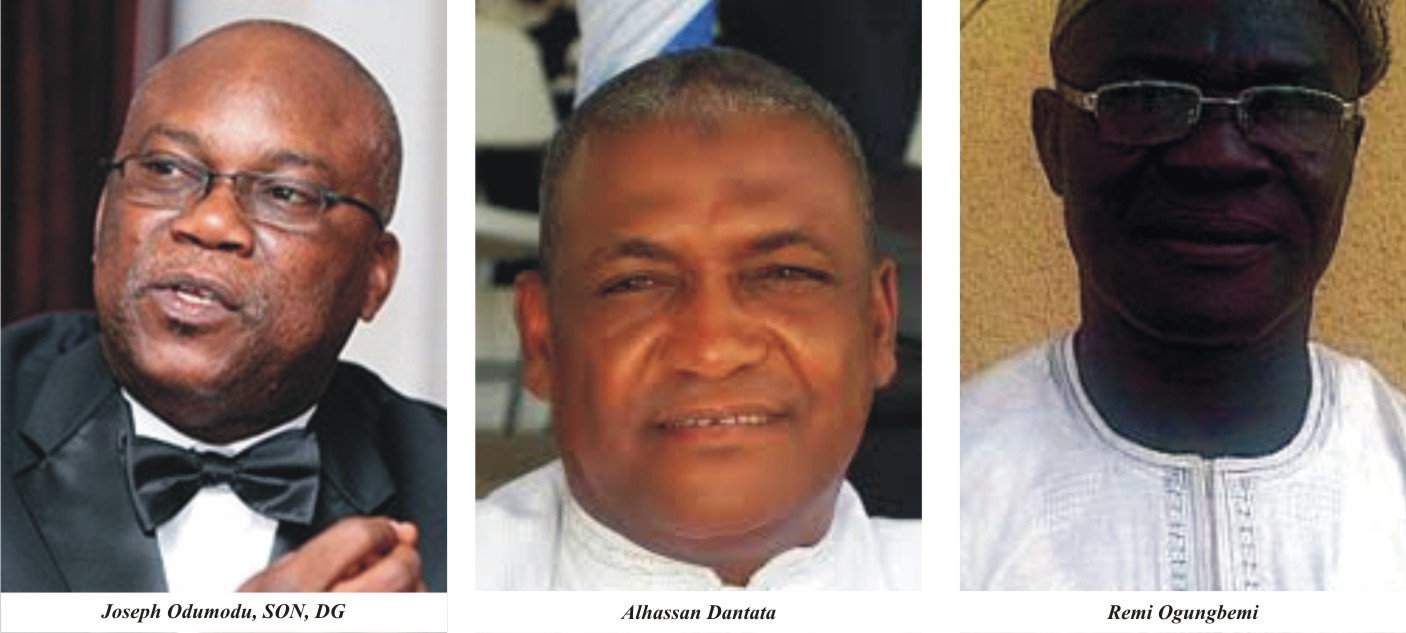Empowering Local Capacity To Grow Nigeria’s LPG Consumption

Kenneth Jukpor
While the Nigerian government pushes for stronger liquefied petroleum gas (LPG) utilization through various incentives, Standards Organization of Nigeria (SON) along with other government agencies and organized private sector has revealed intentions to clamp down on unlicensed gas fabricators, however such development may become a serious threat to local capacity in the sector.
Despite commendable aspirations of the presidency to augment the nation’s gas market by attracting about $20 billion (N7.2trillion) in investments; LPG, also known as cooking gas is still dreaded by a large segment of the nation’s population as a result of frequent of fire outbreaks from gas cylinder explosions which are usually very disastrous. Nevertheless, LPG remains a cleaner, healthier and more efficient fuel. It is also cheaper than kerosene, more eco-friendly and has a controllable flame which makes it more time efficient.
While speaking during one of the sessions at the 2018 Oil Trading Logistics (OTL) Africa Downstream Expo and Conference, the Chief Executive Officer (CEO) of Petrowest Energy Limited, Mr. Reginald Stanley lamented that Nigeria’s LPG market was in dire need of synergies and collaborations to deepen LPG consumption in the domestic market.
He said: “It’s eye-catching to see that a smaller nation like Sudan has been able to attain a higher per capita LPG consumption than Nigeria. Another classical example is Algeria, a nation with 40 million people consuming 2million tones of LPG. They are one of the largest LPG producers in the world. There should be a connection between ecology vis-à-vis the consumption of LPG.
Reginald, who is also the Chairman of the Advisory Board of OTL Africa recalled that as a young man growing up in Nigeria, “there were lots of forests around but today what we have mostly are grasslands. This means that bio-fuel is almost getting off the screen and this brings LPG to the fore. We keep talking about this but the government has to find the link between deforestation which led to kerosene being subsidized and LPG. The government input may not be in terms of pricing or deregulation but how the industry could work in synergy in deepening the consumption of LPG”
Also buttressing the need to deepen consumption of LPG in Nigeria, the Chief Executive Officer of Marine Platforms Limited, Mr. Taofik Adegbite lamented that the average Nigerian is still afraid of gas in the kitchen, noting that domestic gas usage cannot be enhanced without the requisite level of orientation.
While Adegbite expressed delight that the resource was available in certain parts of the Northern region as well as the South-South, he said; “The issue is that the average Nigerian is still afraid of gas in the kitchen. If a Nigerian woman is afraid of gas in the kitchen, you can be sure she wouldn’t use gas in her house. Hence, there is a need to carryout a holistic orientation exercise to inform people that LPG is the best alternative”
He also called on the Ministry of Women Affairs to seize the opportunity to play a strategic role in creating awareness among women from all parts of the nation.
“Ignorance has been a big problem limiting the use of LPG in the country. This has limited the use of the product. I have also found that it is better for Nigeria to focus its efforts in gas exploration in the Northern part of the country rather than oil” he added during his contributions at the session.
Increasing household use of LPG is one of several pathways to meet the goal of universal access to clean cooking and heating solutions by 2030 as stated in the United Nations Sustainable Energy for All Initiative; but there are indications that SON’s approach towards clamping down on substandard gas cylinders may be counterproductive.
According to the Lagos Coordinator of SON, Engr. (Mrs.) Nwaoma Olujie, the average Nigerian woman remains scared of cooking gas because of the gas cylinder and the propensity to explode.
Nwaoma stated that SON classifies gas cylinder as a life-endangering product, so unregulated local manufacturing of the cylinder in Nigeria poses serious threat to the consumers and the agency would not hesitate to clamp-down on illegal gas cylinders and the manufacturers.
“In July and August we identified some locations were cylinders were fabricated in Kano and Anambra states. The source of raw material was air tank for big trucks that were cut and all the holes were filled. The cylinders were wielded in four or five places rather than one. We raided the market and evacuated six trucks loaded with LPG cylinders. They didn’t have the requisite facility to manufacture LPG cylinders. It is the explosion that comes with the use of substandard cylinders that make people afraid of using gas”, she said
Nwaoma lamented that these gas cylinder fabricators only had wielding machine, cutting machine and painting booths as they had no treatment furnace and no testing facility at least to know the burst pressure of those cylinders.
Explaining further she said; “LPG cylinders are low pressure vessels. So, in handling such cylinders we need to be very careful. The standards specifies a bursting pressure of 65.5 bars but the samples we picked from the market in Aba, the cylinders busted below 40 bars. This explains that we are dangerously threading on a bad platform. SON isn’t relenting on its efforts and it is in the quest to curb these substandard products that SON constituted a joint-working committee comprising the Nigerian LPG Association, LPG Marketers, DPR and NNPC.
“We intend to start a sensitization programme because in the action plan, sensitization is uppermost. We need to sensitize Nigerians because as soon as we start withdrawing cylinders there would be sentiments and people would ask what we want such investors or manufacturers to do”
Since SON is hell-bent on ensuring standards which indeed should be sacrosanct, there are also other opportunities to deepen the production of gas cylinders by encouraging local ingenuity and boosting local content rather than killing them.
As highlighted by a participant at the conference, SON could gather all illegal fabricators of gas plants but rather than persecute them, they could be trained on the standards and basic requirements and empowered financially via loans or with requisite facilities. These set of ‘ordinary welders’ can become the next crop of innovative gas plant manufacturers to quell the monopoly of the only two licensed gas cylinder manufacturing plants in the country.
This variety could lead to a significant drop in the prices of gas cylinders in the country via healthy competition while the sector becomes another attractive one for indigenous investment, massive job creation and poverty alleviation.
However, when quizzed about this initiative the SON representative maintained that the agency wouldn’t compromise standards over local content, stressing that it was only in Nigeria that gas cylinders which have passed the expiration dates get to the filling plant and anybody fills it.
She averred that there were opportunities for local content and indigenous investment in the area of testing gas cylinders; encouraging private investors to set up testing centres for these cylinders as the business was a lucrative one.
“Developers of LPG cylinders would need frequent testing for requalification every five years and it isn’t the responsibility of SON to develop such facilities. So private investment can be encouraged in this area” she said.
This situation can be likened to the practice in the training of seafarers in Nigeria; as the nation continues to send out thousands of cadets abroad for trainings under the Nigerian Seafarers Development Scheme (NSDP) rather than invest the Maritime Academy of Nigeria (MAN) Oron, acquire training vessels and empower ship owners to absorb these cadets for seatime and for permanent employment.
The 5kg sized gas cylinder costs between N5,500 to N8,000, can the ordinary Nigeria on the minimum wage salary of N30,000 acquire and manage this equipment? Oh! The N30,000 minimum wage era is yet to be implemented, it’s still N18,000 for now! How can a worker on that salary acquire the authentic SON certified gas cylinder which ranges from N10,000 to N13,000 for 5kg.
SON, DPR, NNPC and other players are set to sensitize the public on the standards for gas cylinders but they should also create a platform to aggregate ‘unregulated gas cylinder fabricators’ who I would rather describe as ‘ingenious gas cylinder fabricators’; register them, educate and empower them.
The best way to improve the standard of gas cylinders and other products and services in any field, is to train those involved in the processes and procedures. Let’s grow LPG consumption in the country by encouraging already existing players, lest they turn to other illicit vices in the country.






